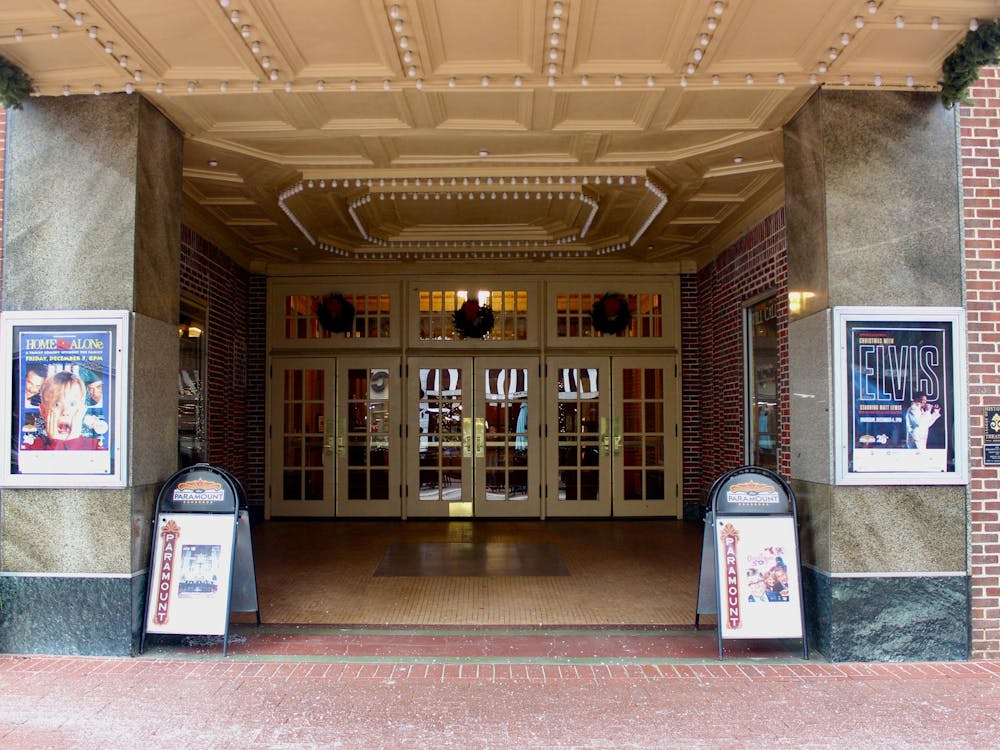Neither Mick Jenkins nor his music is ordinary. In an age when the casual music fan often thinks of hip-hop culture as merely comprised of violence, misogyny and drugs, Jenkins is a shining example of the contrary. The Chicago rapper’s songs tend to revolve around “truth and love” — what Jenkins has referred to as the “healing component” across his discography. In his commercial debut, the aptly named “The Healing Component,” Jenkins refines his message of self-love and positivity, touching on issues of race, relationships and self-improvement.
What exactly is love? How can it manifest in different relationships? What about self-love and knowing oneself? Jenkins sees these questions as they pertain to a greater universal truth — which he represents as water — and he seeks to quench listeners’ thirst with his answers.
In the hook of the album’s title track Jenkins sings, “For this water (for this water), for this truth (for this truth) / Tryna put some love into everything I do / Thanking you for this THC, THC, THC, THC.” In this way, Jenkins’ brand of hip-hop is refreshingly original. While the album’s title and concept, abbreviated as “THC,” is in part a reference to the psychoactive compound in cannabis, Jenkins’ symbolism extends to a deeper metaphor central to the project as a whole.
Specifically, on “Plugged,” Jenkins tells listeners to look for more than just the high of a drug, as he emphasizes in the track’s hook — “This THC ain’t just no f-----g weed / Love is all you need.”
These themes, however, are not new to Jenkins’ work. He has been writing about the power of love and water since his first mixtapes. Where “The Healing Component” shines is in its deeper exploration of these subjects, and Jenkins makes note of this development at the end of the album: “Water was just the introduction to the idea that there’s this truth… I wasn’t very specific about what that was.”
In “The Healing Component,” the message is made crystal clear. On “Angles” Jenkins raps, “the collective is merely suggesting a theory that love is a blessing / I’m stressing it really / Man y’all don’t hear me, if you’ve never been alone how you know yourself? / If you ain’t up on the water how you grow yourself?”
“The Healing Component” does not only excel in its cohesive lyrical message, though. As expected, Jenkins further develops his unique and unpredictable flow and rightfully flexes his remarkable lyrical ability.
On “F----d Up Outro,” Jenkins’ one-of-a-kind wordplay captivates attentive listeners: “Break bread with me / Better yet, bake bread with me / We be so worried about how much we need the dough / We tend to forget the little things we need to know / Like how to knead the dough.”
Nobody in hip-hop flows or rhymes quite the way that Jenkins can. He often switches up flow from line to line, rhymes multiple times within lines or breaks the rhyme at the end of a line and then picks it back up in a later line. On “Drowning,” for example, Jenkins shows off this complex technique: “Rap Genius, you could read mines / In between lines / Yeah they act genius but the way society is set up / Almost like they read minds.”
As a whole, “The Healing Component” is experimental yet refined. Jenkins’ choice in production pushes boundaries for both the genre and himself, incorporating broad musical influence ranging from jazz to electronic. While Jenkins does have a fair body of work preceding this release, “The Healing Component” is the artist's first full-length project.
This lends credit to the potential his thoughtful approach carries with a professional team in support. While it is unlikely Jenkins will break through to the mainstream with such a niche sound, “The Healing Component” has once again proved that Jenkins is a worthy listen.






